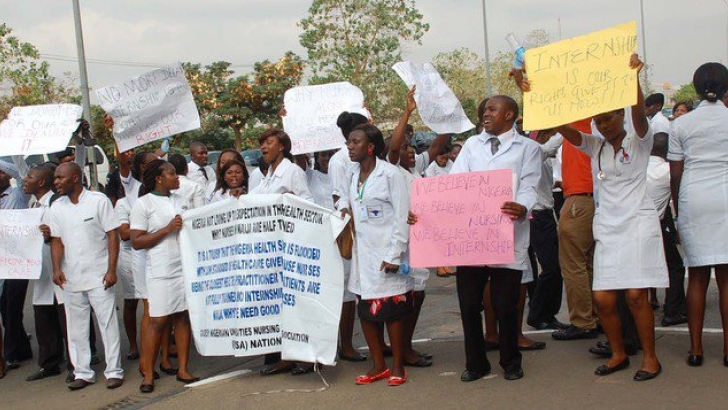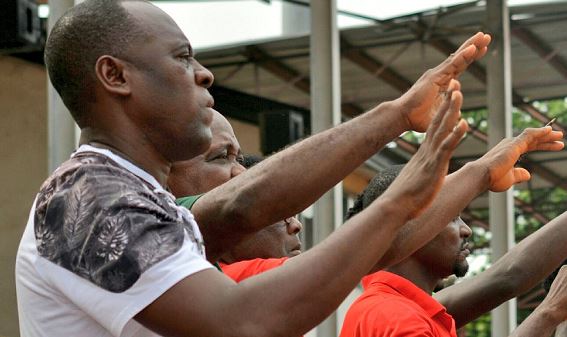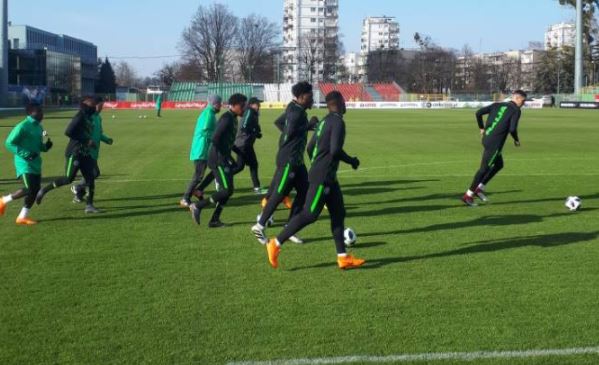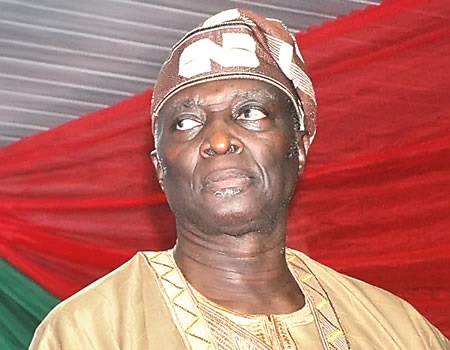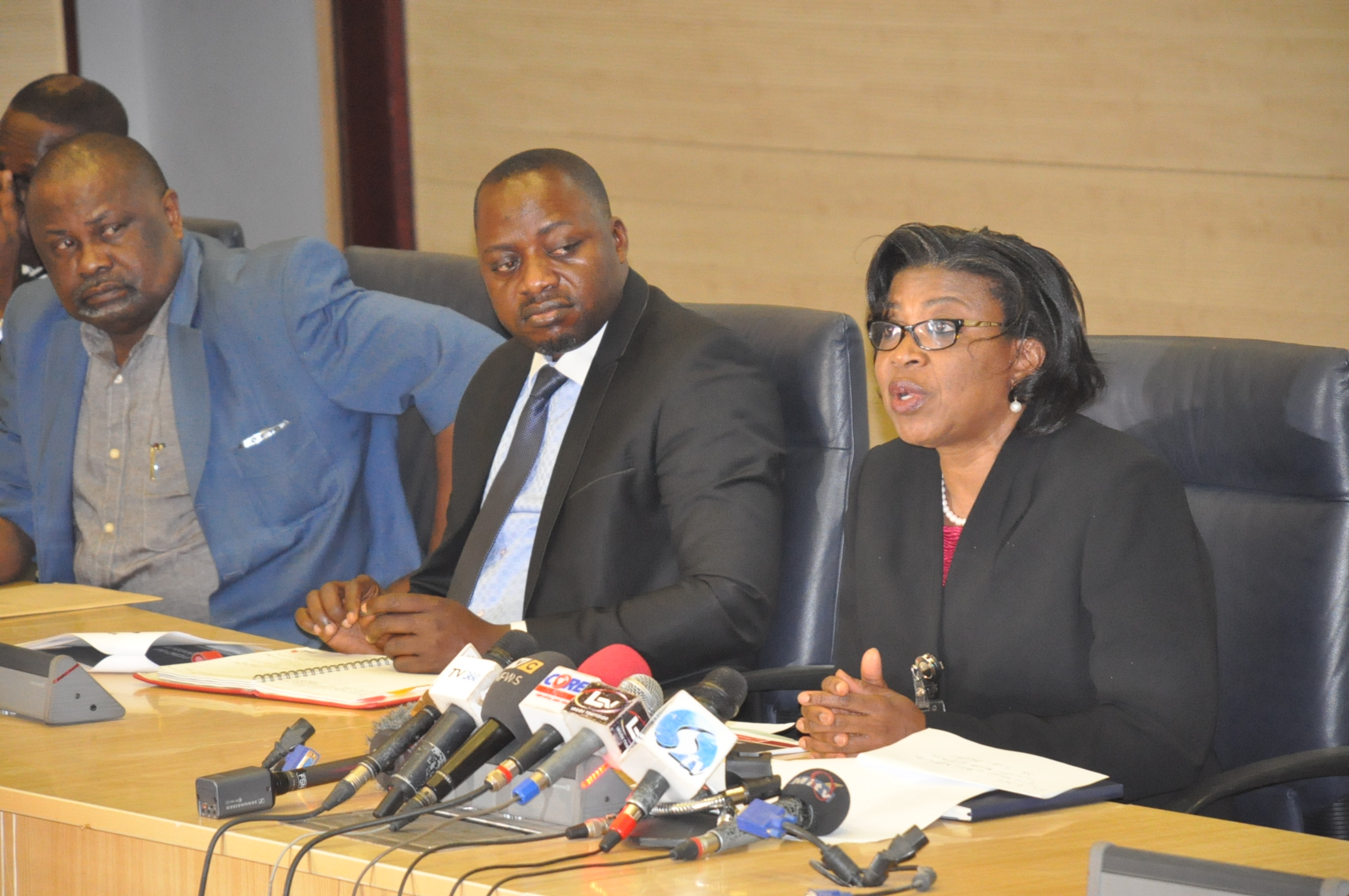A high court in Abuja has ruled that the Economic and Financial Crimes Commission lacks (EFCC) the powers to declare anyone wanted without obtaining a court order or charging the suspect with an offence.
Othman Musa, the presiding judge, ruled that though the EFCC could declare as wanted persons who fail to honour its invitation for investigation, it could only do so if it obtains a court order for that purpose.
The judge made this pronouncement in a fundamental rights enforcement suit filed by Benedict Peters, chief executive officer of AITEO Group.
Peters had accused EFCC of declaring him wanted on its website without following due process.
Advertisement
The plaintiff, through his lawyer, Mike Ozekhome (SAN), contended that his declaration as wanted by the EFCC to declare him wanted without a pending charge against him or a valid court order to that effect was a violation of his fundamental rights.
The EFCC had said Peters was being investigated in relation to his alleged involvement the $115m allegedly used by agents of the past administration to bribe officials of the Independent National Electoral Commission during the 2015 election.
The anti-graft agency said it declared Peters wanted after obtaining an arrest warrant from the magistrates’ court in Lagos, following his refusal to hononur invitations sent to him.
Advertisement
But in his judgment, Musa noted that there were discrepancies in the dates in a copy of the bench warrant tendered by the EFCC.
He said it was wrong for the EFCC to declare Peters wanted on the basis of the bench warrant, which he noted, did not contain any instruction to that effect.
The judge held that EFCC’s decision to declare Peters wanted, without first obtaining a court order to that effect or filing a charge against him in court, was a violation of his fundamental rights, particularly the right to freedom of movement.
He set aside the declaration of the applicant wanted by the EFCC.
Advertisement
But the judge refused to set aside the arrest warrant got against Peters by the EFCC.
The judge did not also make any pronouncement on the applicant’s prayer for an order directing the EFCC to publicly apologise to him.
Add a comment

